A better approach to managing business and corporate data starts with tying those troves of data to specific business objectives. This helps in arranging them, and makes clear who can access which information at what times. It also creates the foundation for more efficient processes from data quality to data governance, which enable quicker decision making and better analysis.
As companies continue to Juridische due diligence grow and scale the amount of data and usage, the need for more robust processes grows. Data management processes assist in automate workflows, eliminate manual steps and create processes that can be repeated to increase efficiency and productivity. It can also be used to protect against data breaches, keep in compliance with regulations, and to maintain the integrity of your systems.
Managing your data also means maintaining its cleanliness and integrating data from multiple sources and making it accessible to your team members whenever they need it. Data cleansing is the process that identifies and rectifies inconsistencies and errors. It is an important part of data management and is crucial for large environments where data may be spread across multiple databases as well as large data systems.
Data governance and data management are closely linked, since they both depend on high-quality information that is usable to be effective. A well-designed governance program typically has a committee composed of business executives, who collectively make decisions about common definitions of data and corporate standards for defining data, formatting and utilizing it. This method ensures that the information that you use is useful for your business needs.


